C vitamin
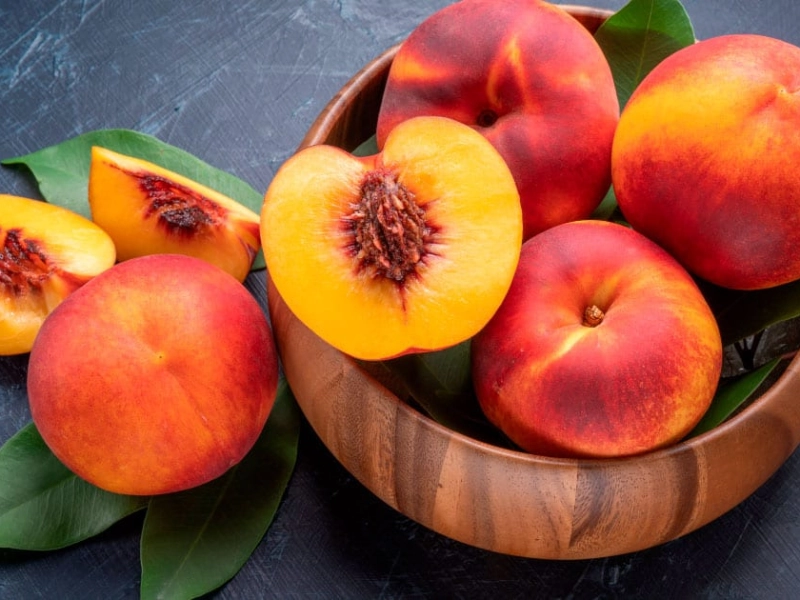
After Nobel laureate Linus Pauling asserted that high dosages of vitamin C might prevent and reduce the common cold, vitamin C was first promoted as a cold treatment. The nutrient is widely accessible as a supplement and is frequently present in products used to treat colds, such as teas and cough treatments.
It is true that a vitamin C deficit can make the immune system less effective, but it is also well known that vitamin C can aid in the healing of wounds and the battle against infection. (1)
Several studies have demonstrated that vitamin C can greatly lessen the length and intensity of symptoms once a cold has started, despite the fact that there is little evidence to suggest that high amounts of vitamin C can prevent a cold. Researchers have hypothesised that vitamin C dosages greater than 2 grammes per day are necessary to achieve the greatest outcomes. In placebo-controlled trials, studies of patients with colds who received either 4 g/day or 8 g/day of Vitamin C revealed that the 8 g/day dose significantly shortened the duration of the cold by around one day.
A vitamin
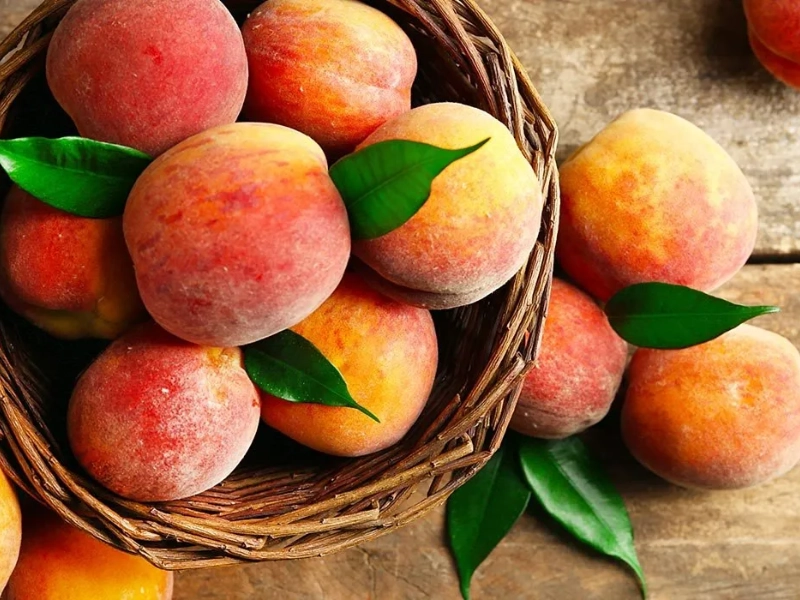
Colds and flu are among the most frequent illnesses, but they are also among the top reasons for hospitalisation and fatalities in the US. Thankfully, there are numerous approaches to both preventing and treating these viruses. Consuming foods that support the immune system, such as chicken soup, pineapple juice, and garlic, is one of them.
Peaches include potassium, which helps with coughing and congestion, in addition to being high in vitamins A and C. Bromelain, a unique substance found in pineapple juice, aids in breaking up and expelling mucus that might cause coughing fits.
Cold-fighting vitamin C has long been recommended. There isn't much proof for this assertion, but some studies have suggested that those who drink a lot of vitamin C may have fewer cold symptoms than those who don't. Flavonoids, garlic, and other nutrients and supplements may also aid in lessening cold and cough symptoms.
E vitamin
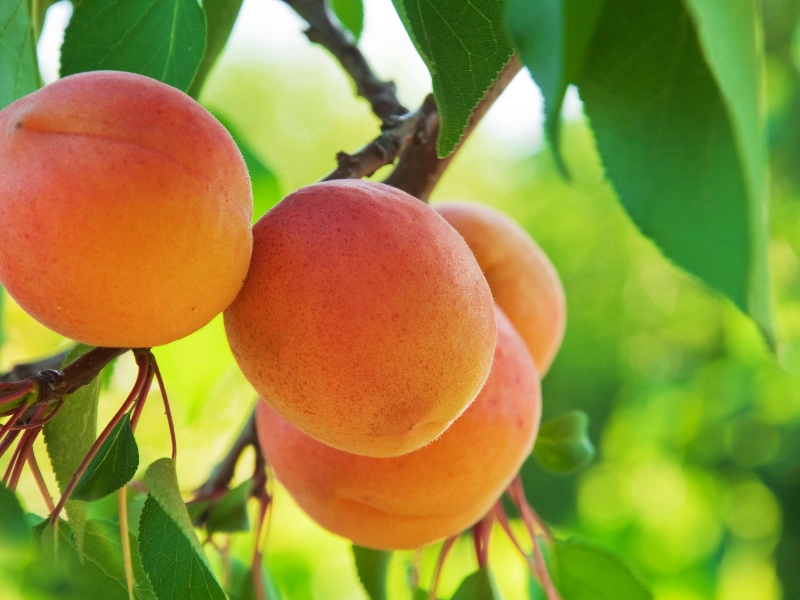
Supplemental vitamin E does not appreciably decrease the length of a cold or lower the chance of getting one. However, a cup of ginger tea, thyme tea, or honey-infused green tea can help with symptoms.
Bromelain, a mixture of enzymes found in pineapple juice, can help break up heavy mucus that causes sore throats and coughing fits. You can hydrate yourself by consuming pineapple juice, which is necessary to avoid dehydration.
Many supplements, drinks, and cough syrups include vitamin C, which is frequently promoted as a treatment for the common cold. Vitamin C, however, neither prevents nor shortens the duration of a common cold, according to a study. In fact, according to some research, it can make a cold last longer. While neither upper respiratory symptoms nor lower respiratory infections (LRI) were linked to vitamin E intake, URI was. Although vitamin C intake was negatively connected to cough and positively correlated with FEV1 and FVC, it was unrelated to the severity of symptoms.
Potassium
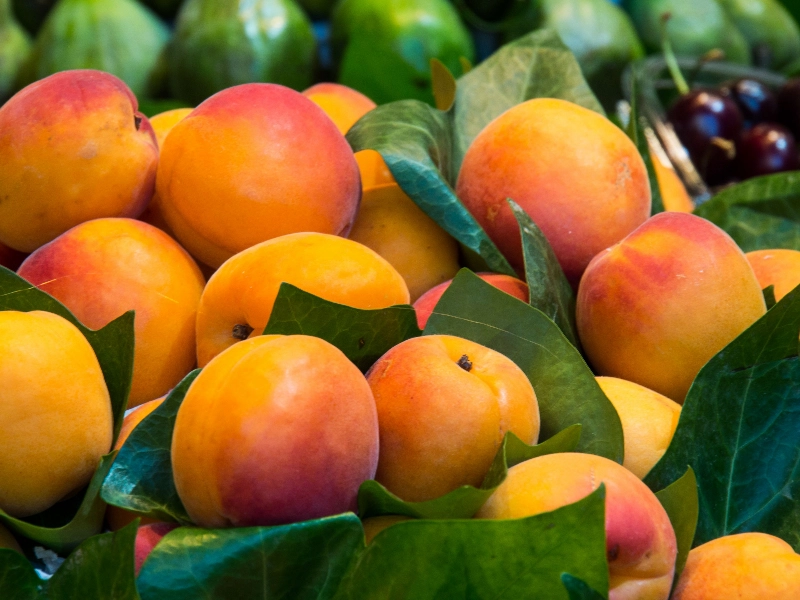
Potassium is a crucial mineral found in peaches that supports healthy cell function and lowers blood pressure. By allowing mucus to become more fluid and assisting with coughing, it also functions as a natural decongestant.
A peach will feel soft to the touch and emit a pleasant perfume when it is fully ripe. The skin will be shiny, perhaps with a few brown spots. The flavour is delicate, and the meat is luscious. Peaches are rich in dietary fibre and vitamin C.
Both freestone and clingstone peaches and nectarines have a pit that easily separates from the flesh. Their flesh can be either yellow or white. Both fruits are good sources of potassium and vitamins A and C. A peach is a good source of dietary fibre and folate as well. It has flavonoids and phenolic acids, which are potent antioxidants that aid in reducing the risk of chronic disease. A balanced diet must include five servings of fruits and vegetables each day.
Advertisement
Recommended Reading: Why do people enjoy swimming?
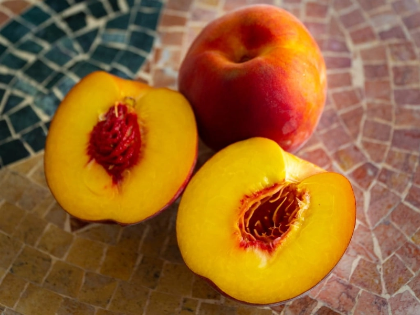
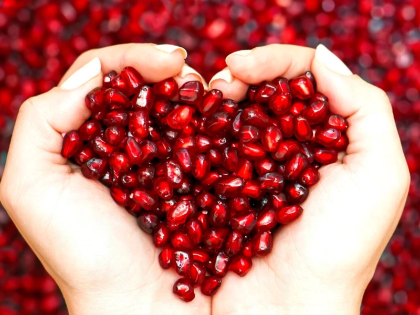
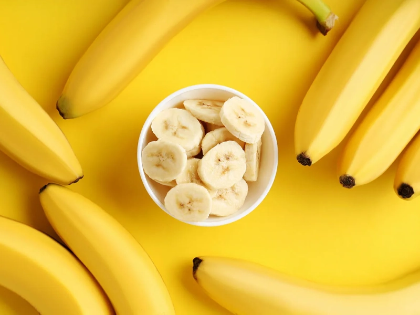
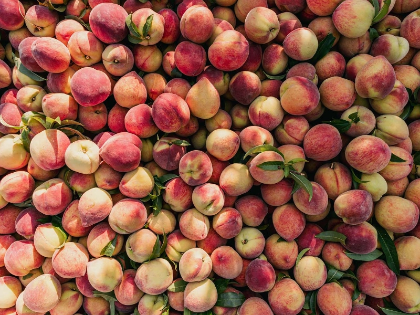
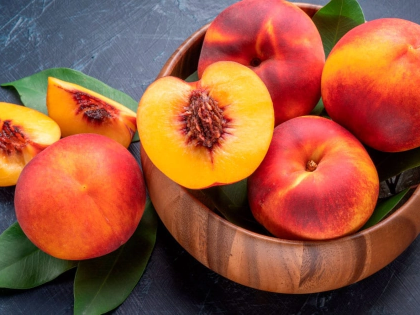

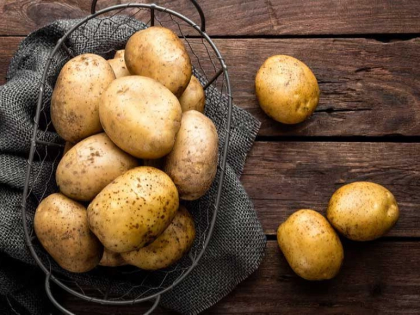
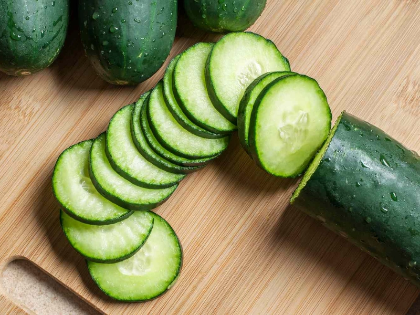

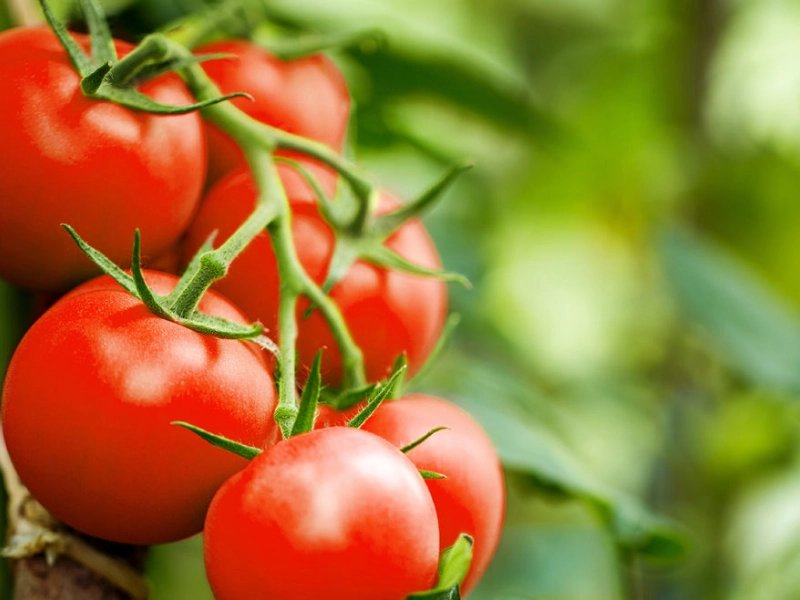



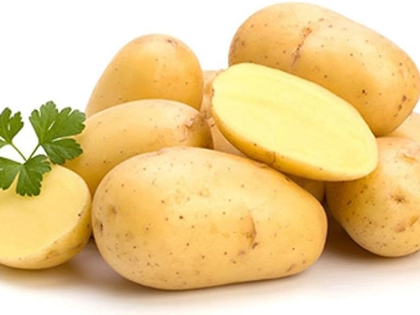
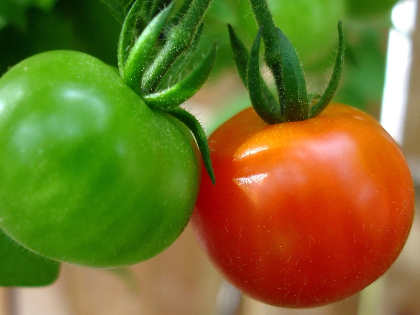


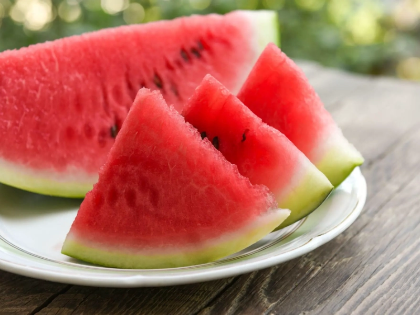
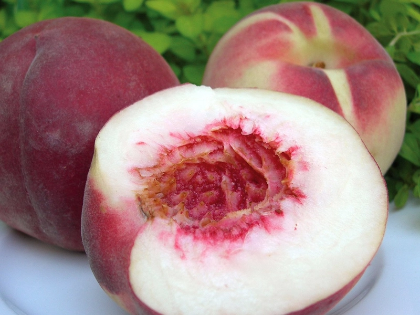


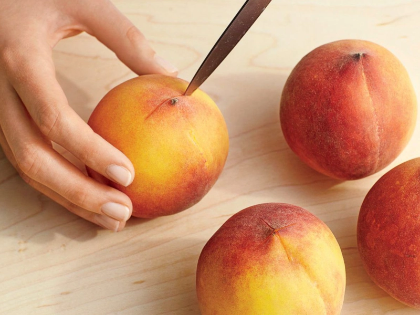

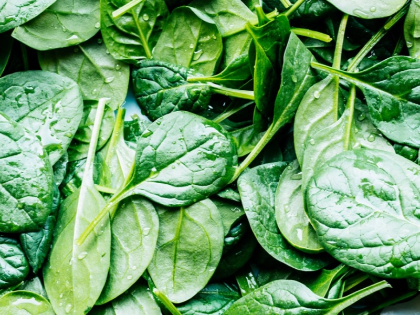
Pulses with constructive intent.